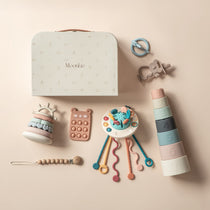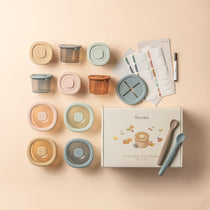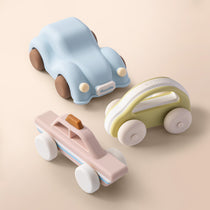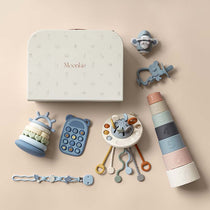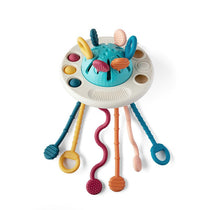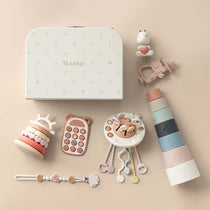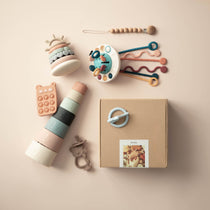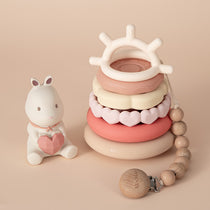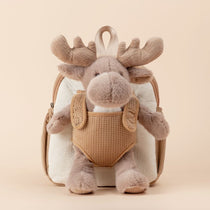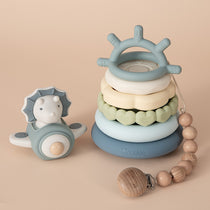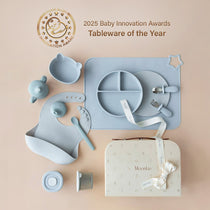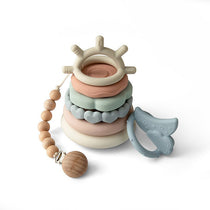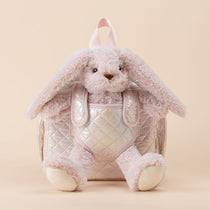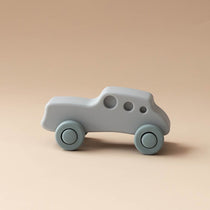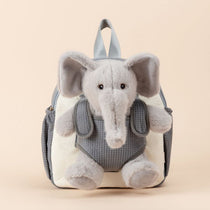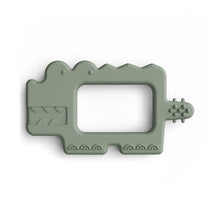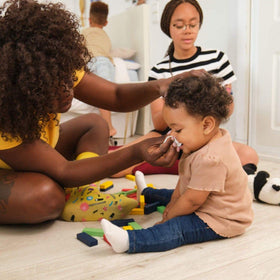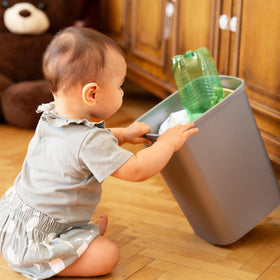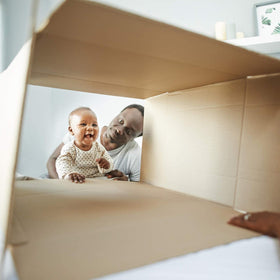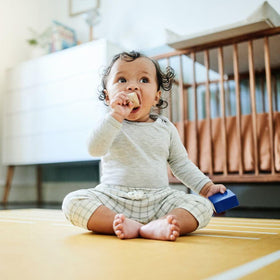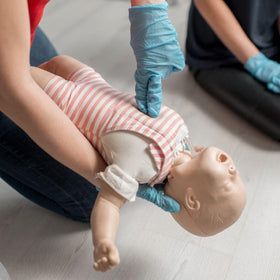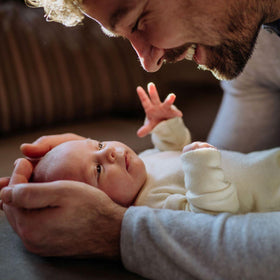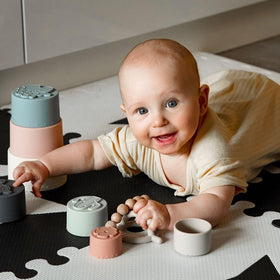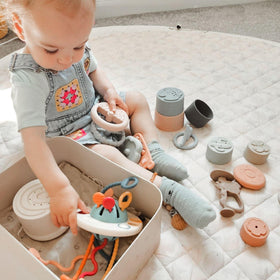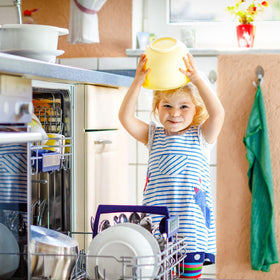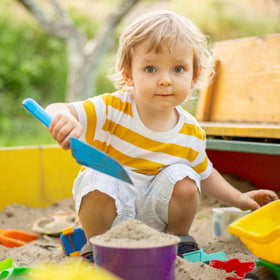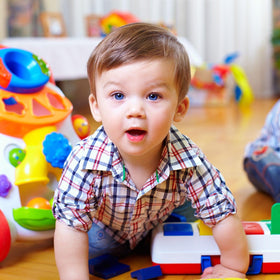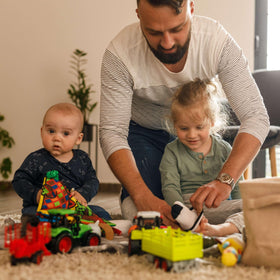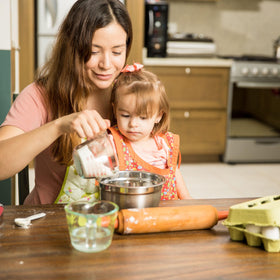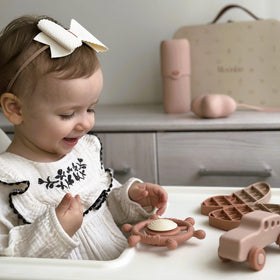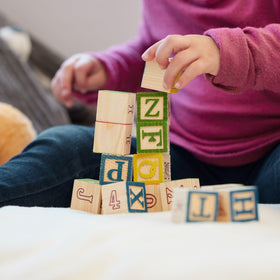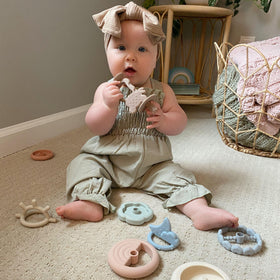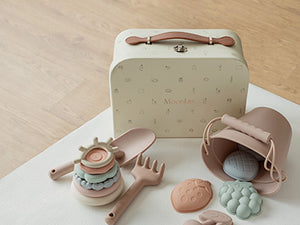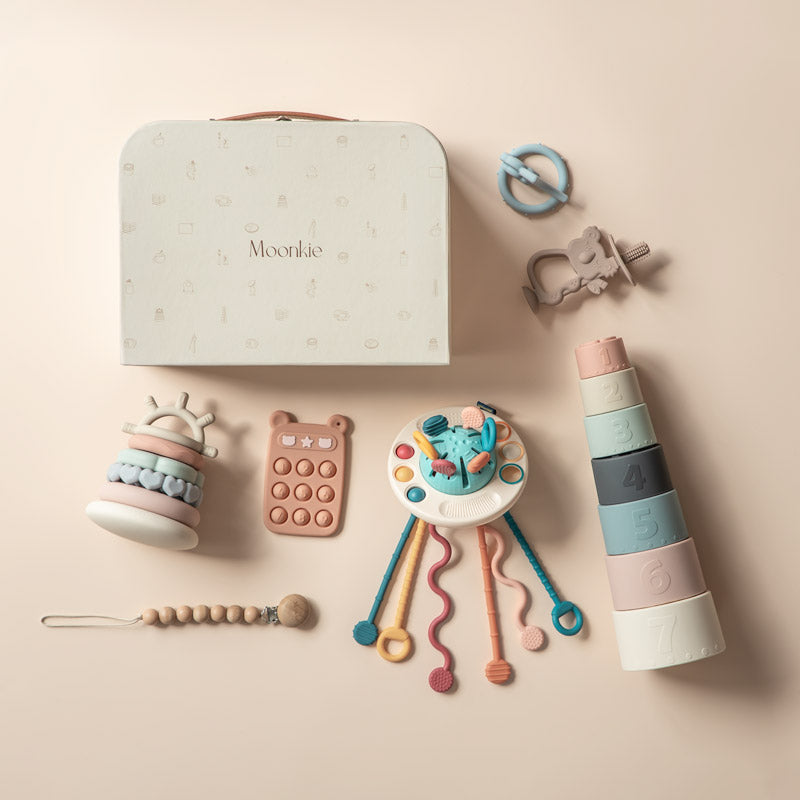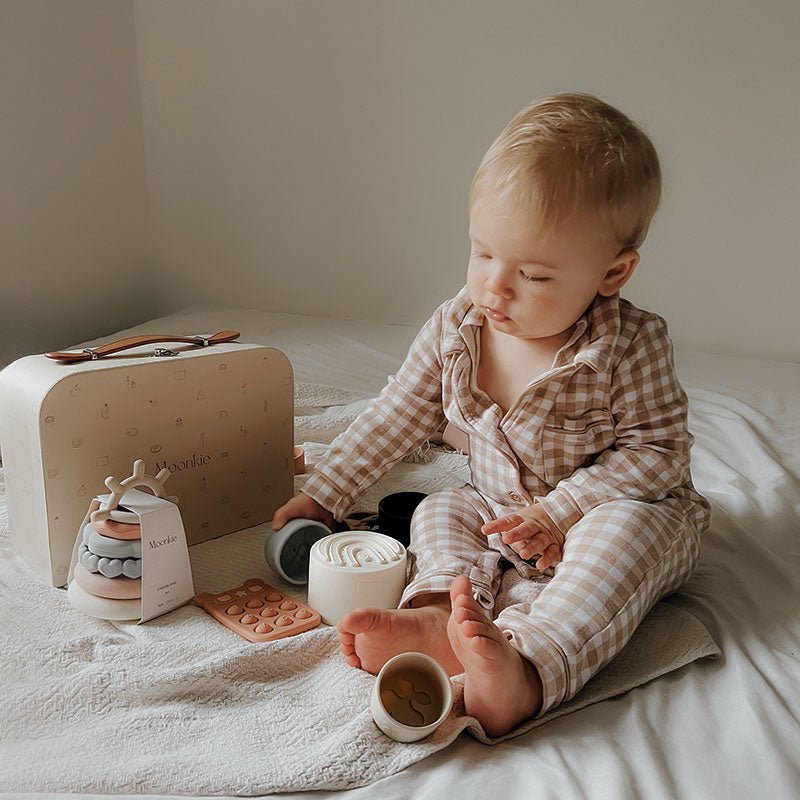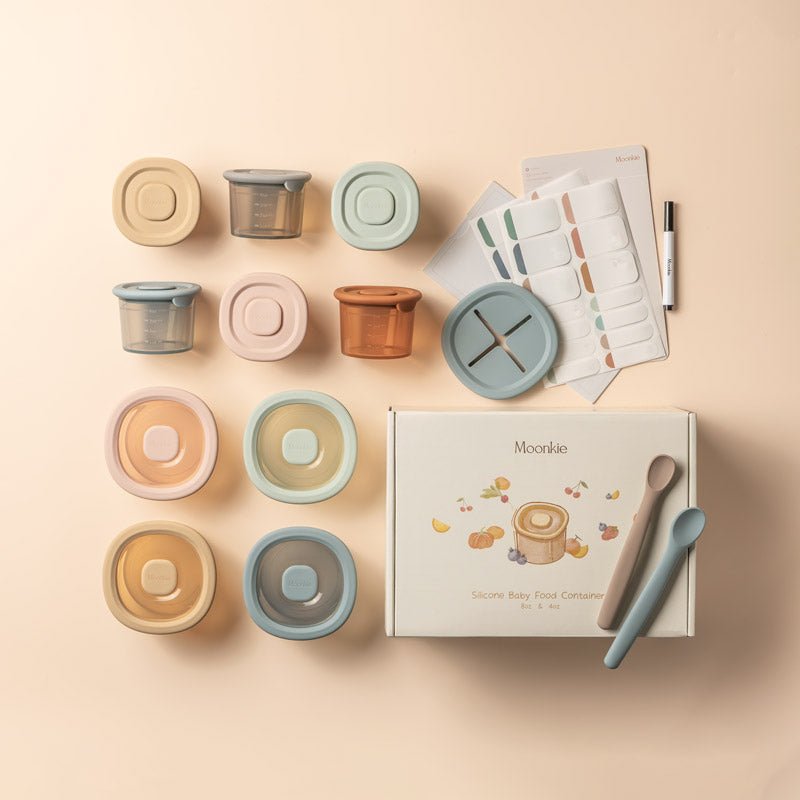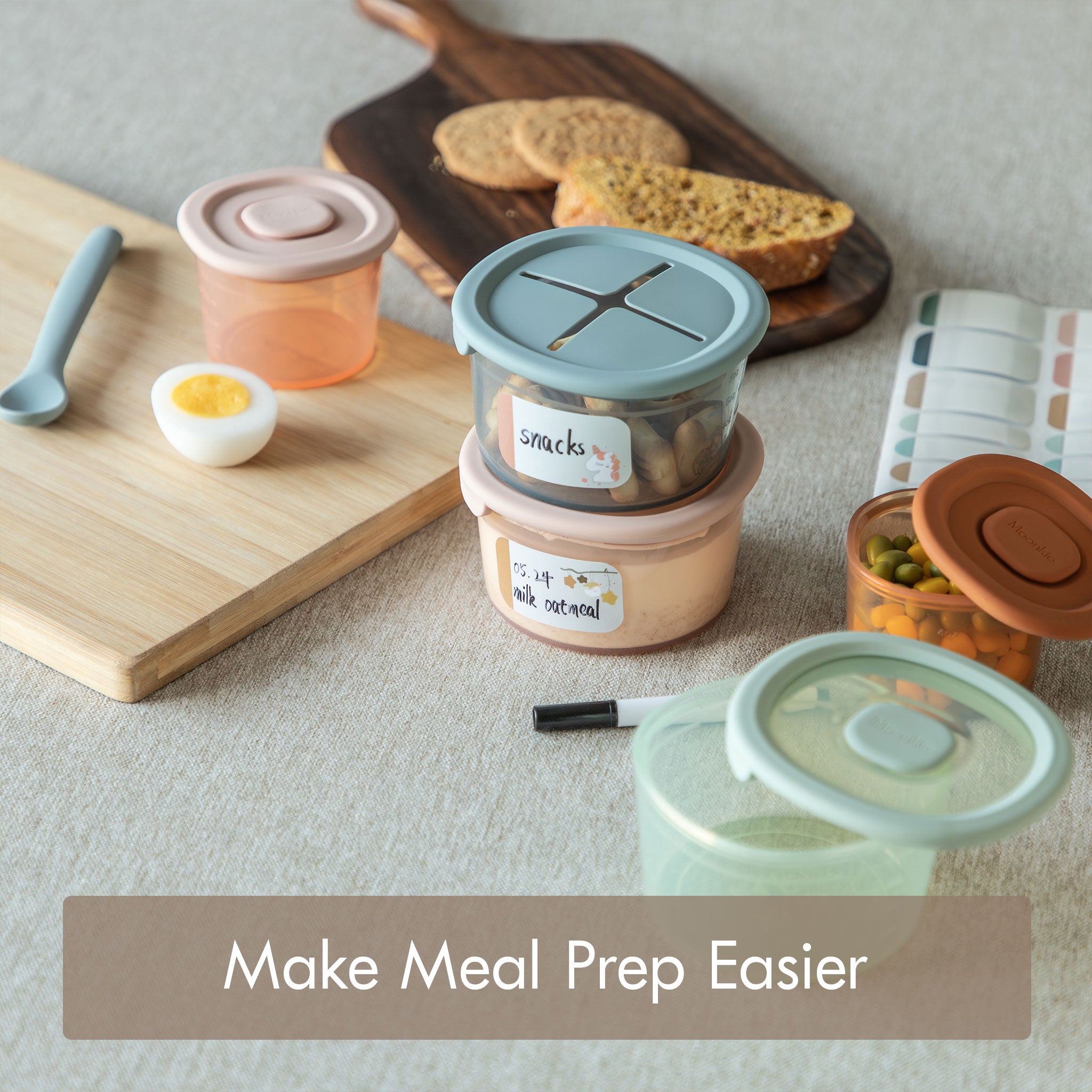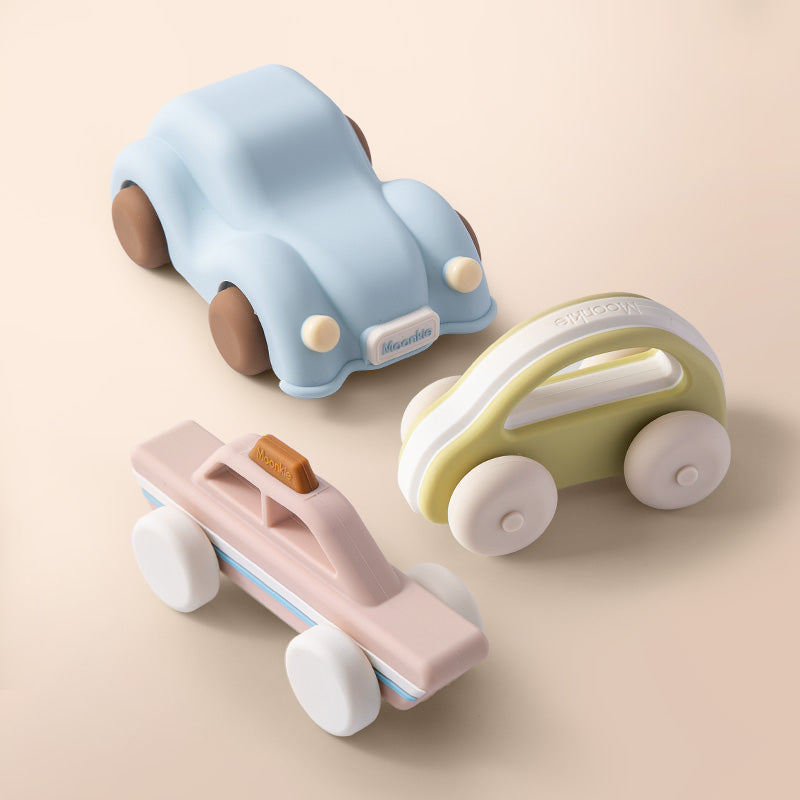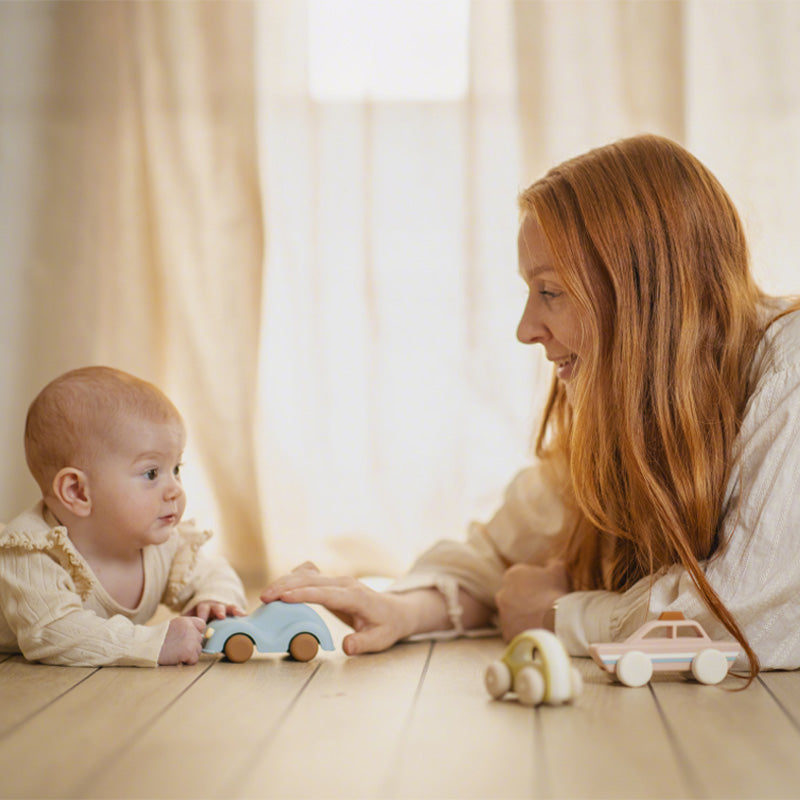"He'll be fine after the divorce. Kids are super resilient, you know." Many parents have heard or thought the words, "Kids are resilient," to calm their anxiety over the consequences of their words or actions for their children. But is this true?
Resilience is the ability to bounce back from or adjust easily to difficulties or change. The ability to face stress, change, risk, and negative influences is crucial to healthy living. The foundation of a person's resilience is built in childhood.
Sadly, many believe that the younger a child is when they face major changes, the less likely they are to remember the turmoil and its impact. Research shows that such impacts during those first years of rapid development have consequences throughout a person's life.
What Does Research Say About Resilience and Kids?
According to the Center for Resilient Children, a person's resilience boils down to the number of protective factors in their environment, family unit, and within themselves, especially as children. A person's risk factors come from the same places (source).
Here is a brief breakdown of these factors:
Category |
Factors |
Environment |
|
Family |
|
Within Oneself |
|
Research has shown that the need for resilience is staggering: Roughly one-third of all children face or will face adversity and be at high risk (having more than three risk factors by two years old) for not developing resilience skills (source).
Resilience Is Multifaceted
Studies have also shown that resilience is a multifaceted phenomenon. First, life and the adversities requiring resilience can be consistent and incurable or severe and infrequent. Second, a child's ability to handle adversity depends on his age, developmental level, and environment (source).
Severe and infrequent risk factors could look like a child suffering from negligence and malnutrition, depending on their parents' job or emotional status (of course, this could be a consistent risk factor as well). Parental divorce, sudden living quality changes, car accidents, and other not-so-common issues fall into this category.
Consistent and incurable risk factor examples include bouncing around homes in foster care, a chronic health issue, a family member's addiction or chronic health issue, and a parent's inability to cope with difficulties or frustrations.
To get through these circumstances, whether long-term or short-term, children (and adults) need to draw from their resources: themselves, their family members, and their environment. Understandably, learning to draw from resources varies by age, developmental level, and environment.
For example, a baby who feels safe and secure will healthily and appropriately seek attention and ask for needs to be met by adults in a safe social environment.
That same secure infant will likely grow into a toddler who needs more from adults: a source of encouragement, guidance, validation, and playful role-playing. Again, a safe environment with dependable parents or caregivers contributes to the toddler's ability to confidently express his needs.
Resilience Can Persevere: Positive Factors Can Outweigh Negative Factors
Two-year-olds who have experienced four or more risk factors can still grow into well-adjusted adults. Emmy E. Werner and Ruth S. Smith, in a long-term study, followed 505 men and women born in 1955 through their childhoods to adulthood to learn about resilience.

In their book, "Overcoming the Odds: High-Risk Children from Birth to Adulthood" (1992), certain characteristics stood out among the adults who "loved well, worked well, played well, and expected well" (source):
They had been social and active babies.
They had at least one positive role model in their development.
They had at least one skill from which they gleaned pride and acceptance within their peer group.
In essence, the study showed that resilient children had more protective factors than risk factors, forming a buffer against negative happenings. Hence, even when faced with terrible difficulties, those children with multiple protective factors could adapt, heal, and move on better than those who did not.
7 Effective Ways to Build Resilience from the Start
Research is helpful, but information isn't actionable on its own. How can busy parents build resilience from the start in their little ones? Thankfully, many options exist and are not as difficult as you would think.
In fact, building resilience in your child is incredibly simple with some self-control.
1. Don't Spend Much Time Apart in the First Year
I get it: staying home for a full year after having your baby is unrealistic for many families. However, it is one of the best things you can do to promote early resilience in your little one because it gives you time to bond.

The first year is your baby's most intense time of development outside the womb, so it makes sense to do whatever you can to make it the most stable year of connection, exploration, and environmental stability.
Most of the time, I hear folks put it the other way: "Your baby won't remember being in daycare if you put them there when they are young!"
No, they likely won't remember daycare itself, but they could develop concerning behaviors, like super-clinginess ("You're going to leave me") or avoidance ("You're not my safe place").
Other possible issues that arise from not creating a secure and trusting attachment to a parent (especially the mother) include withdrawal from participating in social interactions, avoiding certain objects or activities, emotionally distancing oneself from caregivers, and showing distress when faced with something they don't want to do.
If you must be separated from your baby to work or study for a few hours each day, the next best thing for your baby is to spend time with a close, trusted caregiver regularly. Grandparents, aunts and uncles, or close friends are the most common options.
Being placed with a loving and nurturing caregiver during the day doesn't replace you as the parent in your baby's mind, but it probably provides more attentive care than a daycare would.
2. Pay Attention
Paying ample attention to your little one is another way to build resilience. As an infant, having lots of attention and nurturing with parents through physical contact, babbling back and forth, making faces, and playing together creates a secure attachment.
The safety of that bond makes a baby feel excited and confident enough to explore the world around her. But you will notice that she always looks around for you to make sure you are nearby!
In toddlerhood, your little one will go further as she feels confident enough to do so. The lengths she will go in exploration will make you want to pay more attention to keep her safe!
Eventually, possibly somewhere in the toddler and preschool years, a little one will begin to consider her self-worth based on how much attention you give her. "Am I more important than Mommy's phone?" "Am I worth a chore interruption?"
Of course, your little one cannot form those words, but from infancy, she has been watching you and asking for attention.
Her world consists of herself and her family, so she doesn't understand the weight you carry or the things you have to get done—she only sees and understands how you react when she comes to you and what you choose to pay attention to.
Build her confidence and resilience by involving her in your work and chores! Sure, it will be messy and slow, but you imagine the difference to her when you choose to involve her in the "have-tos" instead of snubbing her.
3. Be Confident in Yourself as You Parent
Parents who are confident in themselves and their parenting decisions build resilience in their children (source). Confident parents tend to be more stable and intentional rather than reactive and overly stressed by the little things.
Imagine having a boss who isn't confident in his ability to lead, communicate clearly, or delegate tasks. Things would only get worse as time went on because, instead of being one step ahead with preparation, he would be reacting suddenly to problems as they arose, adding more stress to himself and everyone else!
The same is true as a parent. No one understands your little one as well as you do. If you need help, read through parenting books, join a parent group, find a mentor, or work with a therapist to sort through your insecurities and make a game plan for your child's development path.
4. Celebrate Family Traditions
Oddly enough, celebrating family traditions, like holidays, birthdays, and anniversaries, can build resilience in your little one. Not only do they give your child a sense of belonging and identity, but they also offer routine and predictability (source).
Growing up, my family moved eight times in ten years. Making friends, settling into school programs, or picking favorite parks was difficult because I knew we would move again soon. However, my parents made a big deal over birthdays, Independence Day, and Christmas, without fail.
Regardless of where we were, how much money we had, or what was going on that week, my parents would take a day off work and pull my siblings and me out of school to celebrate. We would cook tasty food, make a cake together, and do something unusual to celebrate.
That willingness to set everything aside for a day to celebrate my brothers and me meant a lot to me then, but even more now as an adult with kids. Now I understand just how big that sacrifice was to make each of us feel special on our birthdays, and I'm forever grateful for it!
Celebrating family traditions is part of building a family culture. It builds bonds, passes down values and life skills, and makes a child feel like they belong.
5. Build a Support Network
A parent's support network helps build resilience in young children by freeing up some of the parent's stress and time so he or she can be more present. Close family members and friends who often visit and love on your child contribute to a sense of belonging and social security (source).
An integral part of parents' support network are the programs, parks, libraries, and communities they are a part of. Having a list of free places to take your little one for a change of pace or exploration opportunities is helpful for you and your child on so many levels!
Having a safety net of things to do, places to go, professionals to ask, and friends and family you can rely on for help can reduce your overall stress, which, in turn, benefits your child.
Reducing stress is crucial for aiding your baby's development. Learn about the far-reaching effects of stress and how to manage it in How Does Stress Impact My Baby's Development?
6. Give Your Child Meaningful Tasks and Praise Their Effort
No one likes busy work, including children. Sure, they may feel like they are genuinely contributing to the family as a baby when they wipe up invisible messes on the floor with your nice tea towel, but that feeling will not last long.

Your child can read you like a book, so he will quickly catch on when his effort isn't appreciated much. However, giving your child real tasks that will truly help the family and praising their effort builds a sense of belonging and resilience.
Some kids never volunteer to help and shrink back from new opportunities, while others jump at the chance to serve others and have a can-do attitude toward opportunities. Being instilled with the latter is rooted in having been entrusted with tasks early on and praised for one's effort--not the result (source).
When mistakes are made (and they will be), reacting with patience and grace instead of freaking out and punishing your child is vital to fostering a growth mindset. When your child is focused on results, they tend to build up fear, anxiety, and frustration over not getting things "right."
So, for you and for your little one, start giving your toddler age-appropriate tasks (put these toys in the bin, rinse your cup, wash your hands, etc.) and praise his effort!
7. Let Your Child Make Choices
Yet another way to build resilience in your child is to let her make choices (source). Dressing herself, choosing what to play next together, picking the sauce, and making other age-appropriate decisions allow for independence and build confidence in decision-making.
Early on, it is a good idea to simplify the choices to two or three options. However, it won't be long before your little one becomes adept at making decisions between several options (and try to exercise that ability in the "have-tos").
Making decisions often leads to tantrums or clashes (not having choices would, too) for toddlers trying to figure out independence and how to control certain things in life. If you would like some pointers on toddler tantrums, read The Ultimate Guide to Toddler Tantrums: How to Handle Them Like a Pro.
8. Genuinely Enjoy Your Child
Nothing does more for building a child's confidence, competence, and resilience more than feeling genuinely loved and enjoyed by family members. Knowing that one is loved, cherished, enjoyed, and desired is crucial to emotional security and self-worth.
Children can read their parents well, so they know when Mommy is frustrated or annoyed. If that reaction happens more consistently than a loving and joyful reaction, children will understand that they are not being enjoyed.
Babies, toddlers, and kids require tons of time, effort, and energy--most of which will never be fully understood or appreciated. However, taking the time to enjoy and be grateful for your child will result in gains that are too deep and wonderful for words to express!
In a Nutshell
There are many opportunities to build resilience in your little one. You will lay most of that foundation in the first five years, so don't waste it! However, your child's mind is still growing and fairly adaptable from 5 to 25 years old, so you can still instill resilience and reinforce love and self-worth throughout childhood.

